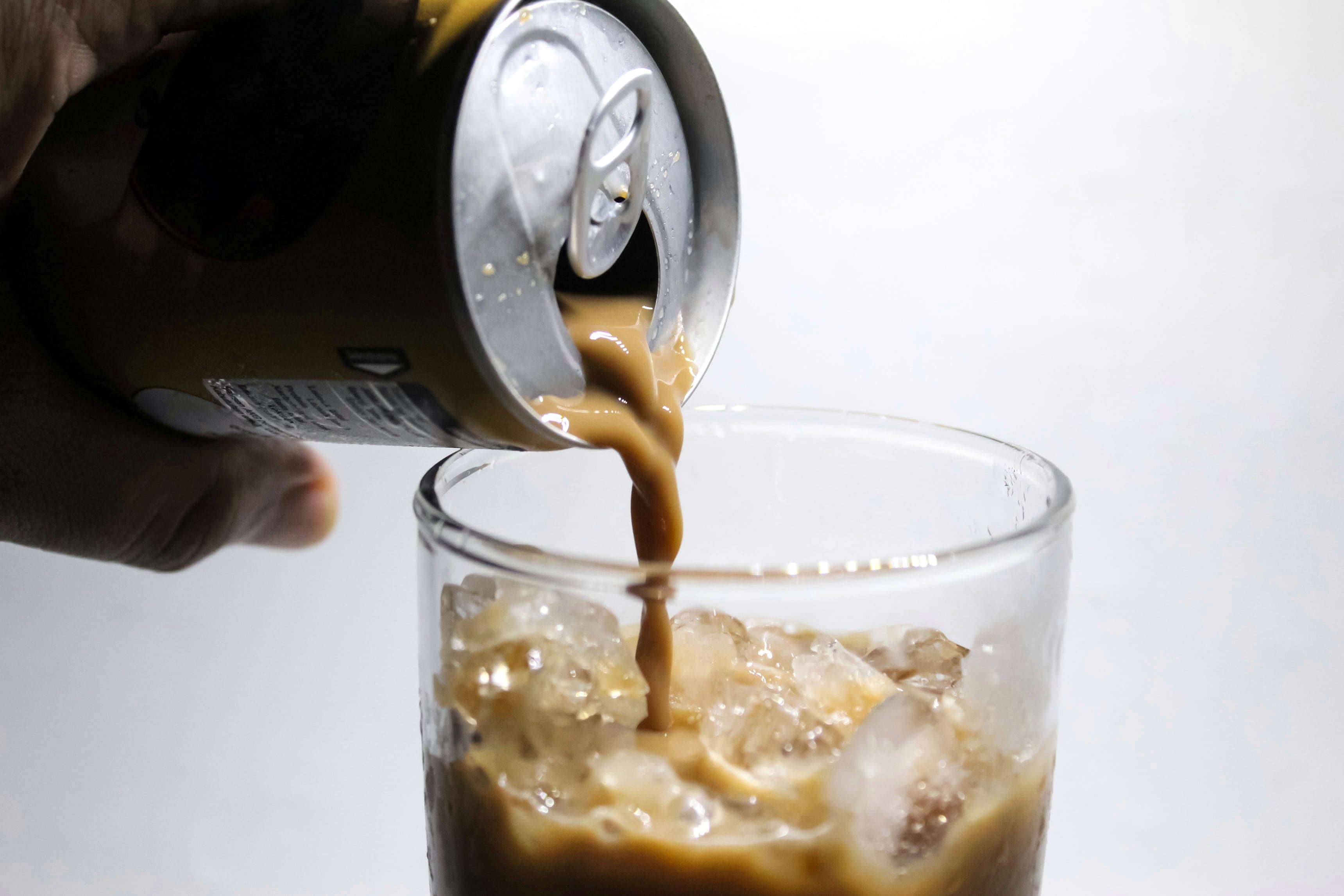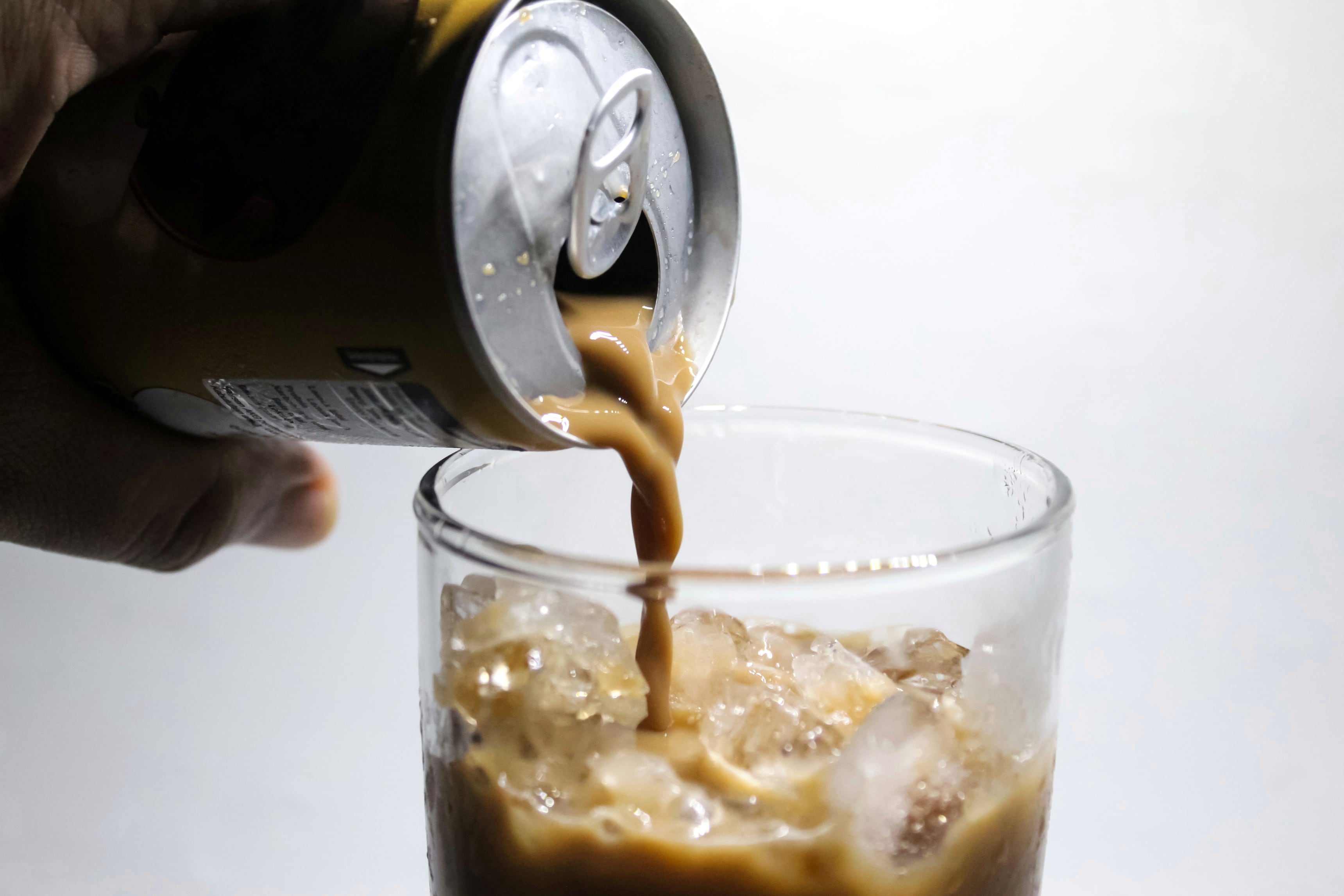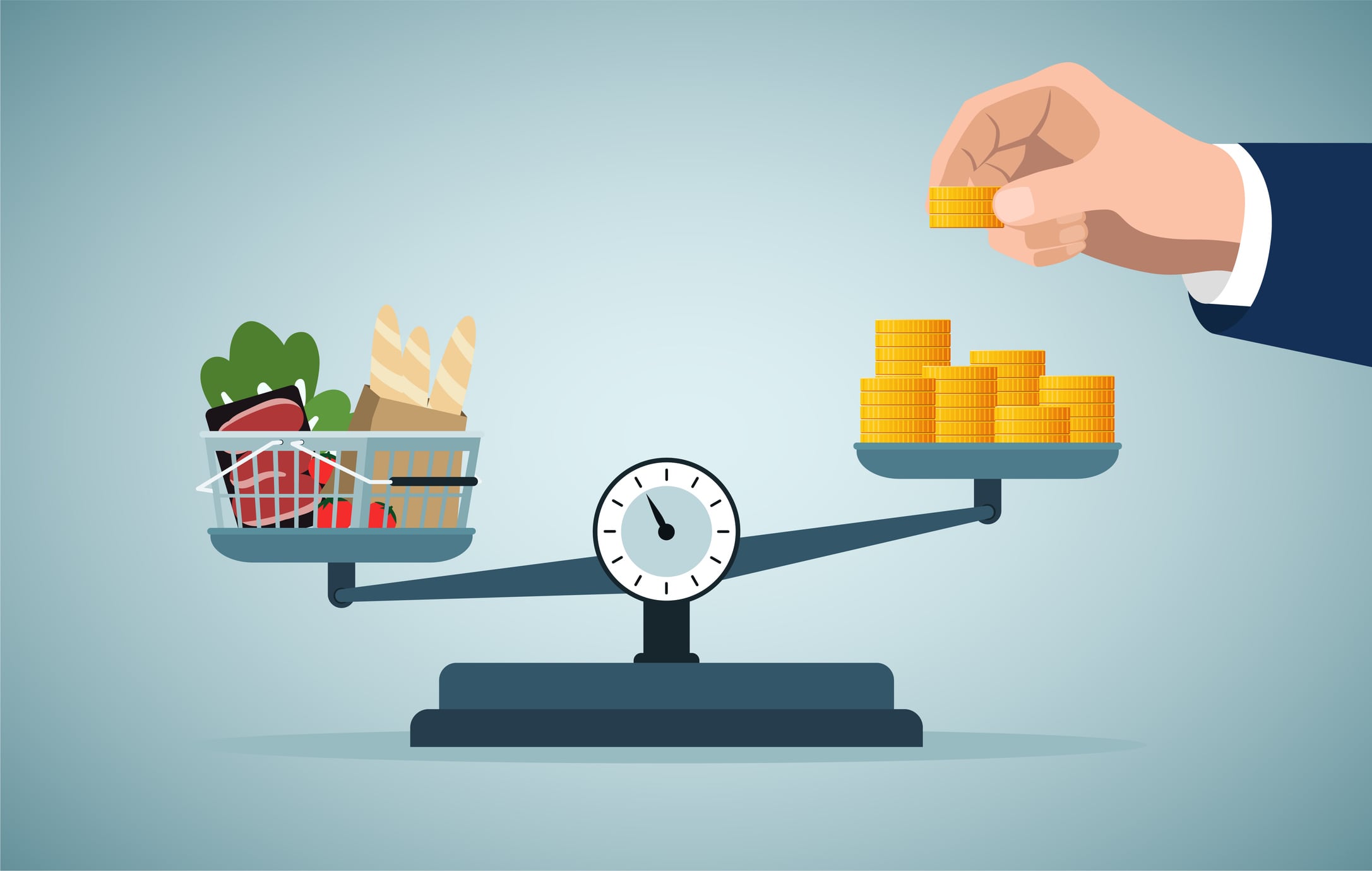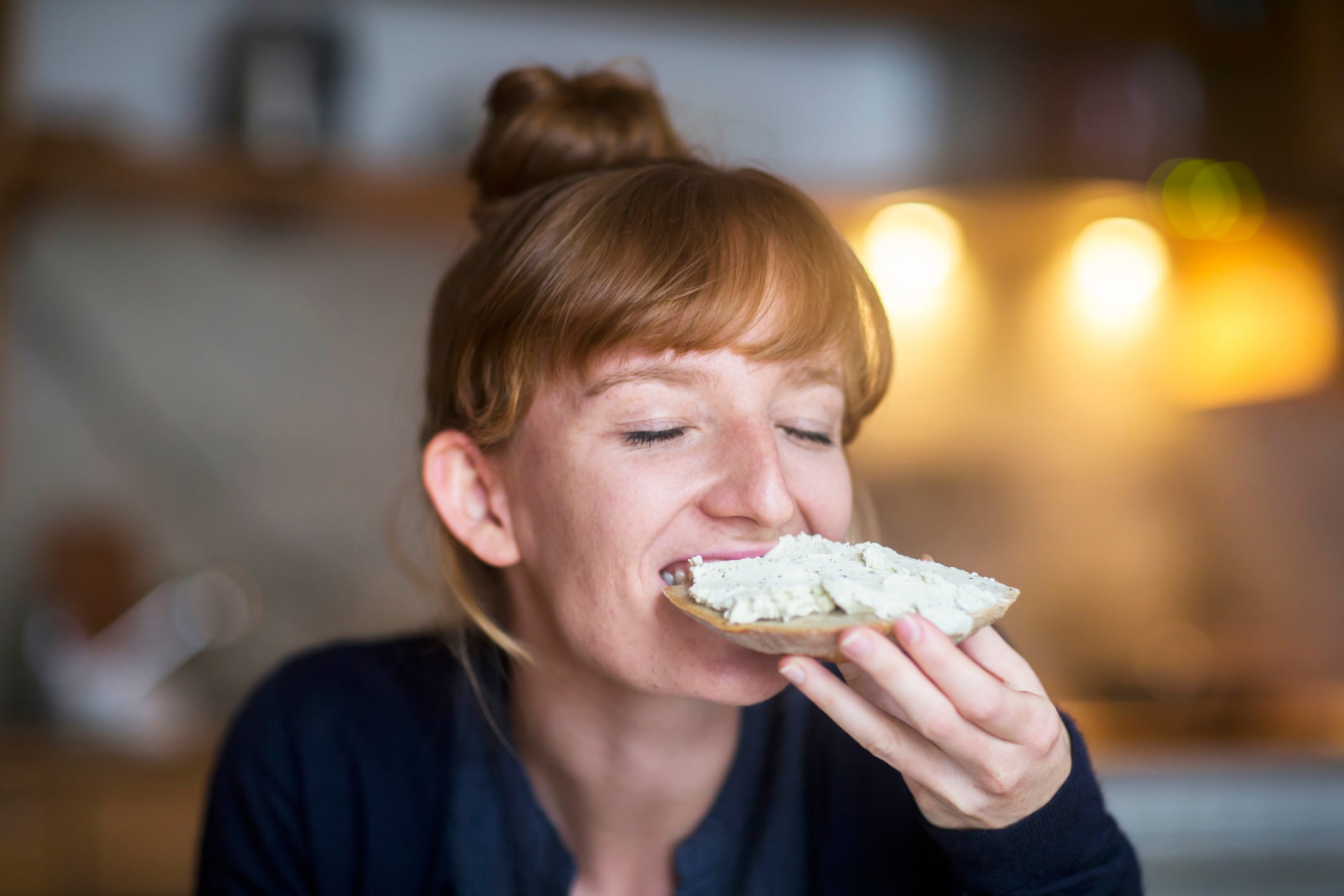The UK Government’s proposal to expand the sugar tax to include milk-based drinks isn’t just a tweak to the Soft Drinks Industry Levy (SDIL). It’s an overdue reality check for a category that’s been hiding behind milk to avoid scrutiny on stacking sugar into products that look more like dessert than coffee.
When the SDIL launched in 2018, it shook up the industry. Brands scrambled to cut sugar, reformulate recipes, and face up to their role in contributing to the UK’s obesity crisis. Leaving milk-based drinks out of the original sugar tax, out of concern for children’s calcium intake, was a major oversight. Especially now that the Treasury estimates the category accounts for just 3.5% of kids’ calcium. It’s about time this loophole was closed.
The RTD coffee category not just in the UK, but globally, has been dominated by high-sugar options. Many are loaded with added sugar, syrups, or artificial sweeteners — sometimes in amounts closer to soft drinks than what most would recognise as a ‘coffee’. Even products marketed as ‘healthy’ or ‘natural’ can blur the lines with vague labelling or misleading claims.
Real ingredients should be the standard
At Hunt And Brew, we don’t hide behind sugar. We don’t need to. We’ve always believed that if you’re using high-quality ingredients — specialty coffee beans, fresh milk, alongside expert brewing - then you let them speak for themselves. No shortcuts.
Yes, we’re coffee snobs, proudly so. It’s in our DNA. We are Australian after all, a nation of well-known coffee snobs. We have to remember to change our coffee orders when we travel between states because a Long Mac in Perth is not the same as a Long Mac in Sydney. Next time you’re in Melbourne, ask for a Melbourne Magic just to see how your barista reacts.
Drowning your coffee in sugar? That’s like pouring Cola into a 21-year-old Glenfiddich. No. Please leave.
The truth is, we’re already where this policy wants the industry to go. Hunt And Brew won’t be hit by the proposed changes because we’ve never needed to use sugar to make our drinks taste good. We’ve built a brand on simplicity, quality, creativity and transparency.
And that’s what this new policy gets right: sugar shouldn’t get a free pass just because it’s sitting in a bottle with milk. If a drink is loaded with the stuff, it should be taxed and labelled just like anything else. No more hiding in plain sight.
Beyond sugar
Resetting the scope of the SDIL is just the start. If the goal is better public health and clearer labelling, we can’t ignore the next big loophole; artificial and non-nutritive sweeteners.
These ingredients are often slipped in to make a product look ‘healthier’ on the label. But just because something has zero sugar doesn’t mean it’s doing consumers any favours. In fact, these sweeteners can be even more misleading. They train people to expect over-the-top sweetness in everything they drink, including coffee. That’s not just bad for taste, it’s bad for behaviour.
A hyper-sweet drink that’s technically low in calories is still pushing the same habit; masking poor-quality ingredients with chemical shortcuts. And worse, it does so by tricking consumers into thinking they’re making a smart choice.
The Government’s proposal is a strong first step. But it’s still playing defence. What’s missing is an incentive to reward brands who are genuinely raising the bar.
Innovation without shortcuts
Great taste and good health aren’t enemies.
Coffee doesn’t need a spoonful of sugar or a dose of stevia to be enjoyable. What it needs is care. Craftsmanship. High-quality beans, precision brewing, and the confidence to let natural flavour shine through. That’s been our approach from day one at Hunt And Brew.
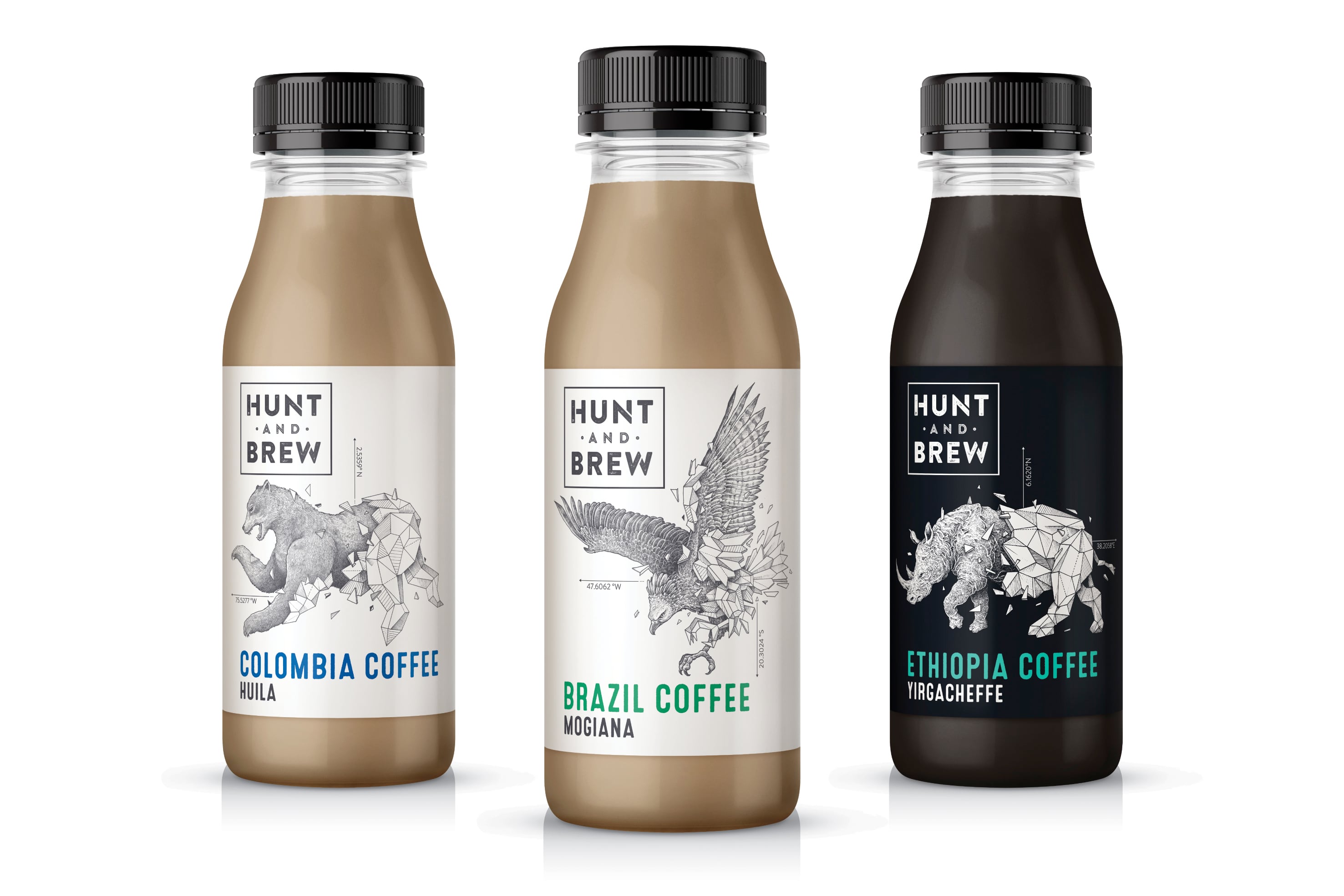
We’ve shown it’s possible to make ready-to-drink coffee that’s as good as your favourite barista can make. It’s not the easy route, but it’s the right one.
So here’s a thought: if we’re serious about health and transparency, why not back the brands walking the talk? Introduce a positive incentive; a ‘clean label’ certification or even a tax credit for drinks with no added sugar or sweeteners. Sustainability schemes have used this carrot-and-stick approach for years. It works. Why not apply the same thinking to what we drink as well?
Leading by example
As we grow in the UK, we’ve got some incredible competition to face with very established household names, but we’re aiming to bring coffee purity to the RTD category. At Hunt And Brew, that means no shortcuts, no additives, no sweeteners. Just real coffee, done properly.
We are here to raise the bar. To prove that you can build a better drink, and a better category, by respecting the consumer, the ingredients, and the craft.
This new policy is more than a tax review. It’s an opportunity to reset expectations. To move the milk-based RTD space out of soft drink’s shadows and into a future defined by real quality.
In the end, it’s simple: real wins.


